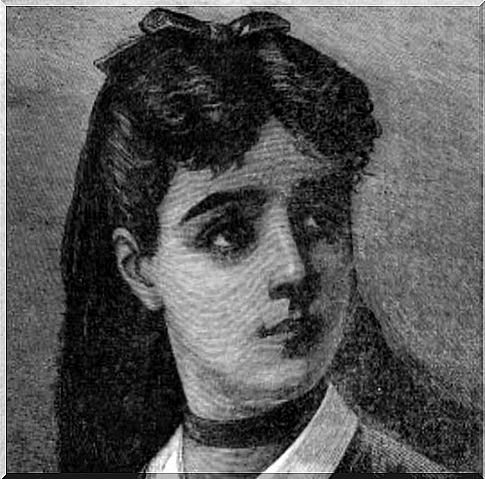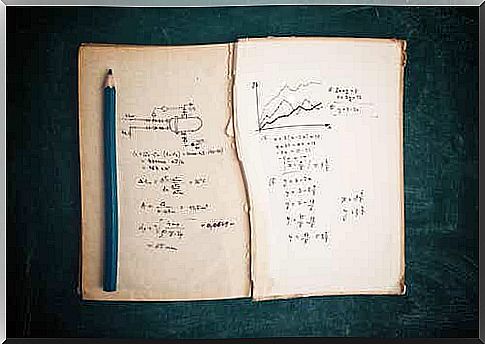Sophie Germain, A Biography Of A Wonder

Sophie Germain is perhaps the most influential female intellectual in the history of France. She was a prodigy in mathematics, though few recognized it during her lifetime. In fact, it was only after she died that the institutions began to award her the recognition she deserved.
Germain’s impressive intelligence, however, is not the most interesting thing about her. That is the strength of her character. This is because she fought against all the conventions of the time and used the tools at her disposal to cultivate what she loved most: mathematical research.
She had virtually no privacy, so she never married and had no children. She had no hobbies other than her love of numbers. As you can imagine, she made outstanding contributions to physics and mathematics.
The world can thank her for many important contributions to number theory as well as to the solution of Fermat’s great theorem and the theory of elasticity.

Sophie Germain: A stubborn child
Sophie Germain was born on April 1, 1776 in France into a bourgeois family with enough resources to value science and culture.
She was just a young girl when the French Revolution broke out. The social upheaval led to her parents’ decision to keep her inside the house, where she had no chance of going out. There was a large library in her home that she began to review.
She read Jean-Baptiste Montucla’s Histoire des Mathdmatiques when she was 13. The episode that talked about Archimedes and his deep concentration on mathematical topics fascinated her. It made her want to experience that abstraction from the world, focused on an intellectual matter. Thus, she continued with Étienne Bezouts Elements of Arithmetics .
Sophie’s family tried to deter her love of books when they discovered it. They went so far as to try to eradicate this habit, which they considered undesirable.
In addition, they removed her light and heating unit to persuade her to abandon these studies. It only made her even more obsessed with the subject. In addition, she wanted to read Newton and Euler, so she had to learn Greek and Latin on her own.
An enriching correspondence
Sophie Germain was a brilliant self-taught person. At the age of 18, she already had access to some notes from Professor Joseph-Louis Lagrange, who taught at the École Polytechnique in Paris. It was a joy she would not want to miss. Thus, after making the notes, she made a ruthless decision: to communicate with the professor.
She knew he would not take her seriously as a woman. That is why she took advantage of the absence of one of Professor Lagrange’s former students and wrote to him using the name Monsieur Antoine-August LeBlanc. In this way, a fruitful correspondence exchange began.
The academic was impressed with the knowledge of “Antoine-August” and decided to invite “him” for an interview. Sophie Germain was in doubt, but in the end she decided to reveal her identity to him. The professor was so interested in her approach that he ignored that she was a woman. Not only that, but he actually became her mentor.

Sophie Germain and the memory of Archimedes
Sophie Germain later gained access to Carl Gauss’s work. She was impressed and once again resorted to the ingenious trick of pretending to be a man to write to the mathematician. Gauss was also impressed with her and responded to her messages with great enthusiasm.
At that time, Napoleon’s invasion of Prussia was growing. Thus, Sophie feared that Gauss would not get out of the military service he had to render for the country in which he lived.
That is why she spoke to one of Napoleon’s generals, who was a friend of her family, and asked him to protect Gauss. The general did, and Gauss could not believe it. Especially because he had never heard of the lady who so zealously protected him.
Germain, of course, had to explain his reasons to him, and that impressed him only further. So much so that a few years later he suggested that she receive an honorary degree from the University of Göttingen. However, his proposal was rejected.
Nevertheless, Sophie created her own path and won the competition for the French Académie des Sciences in 1816. She was the first woman to be part of this institution. Thus, she began to emerge as the talented mathematician she was.
Death surprised her in 1831, and institutions finally recognized her work sometime later. There is now a street in France and an annual prize in science named after her.









